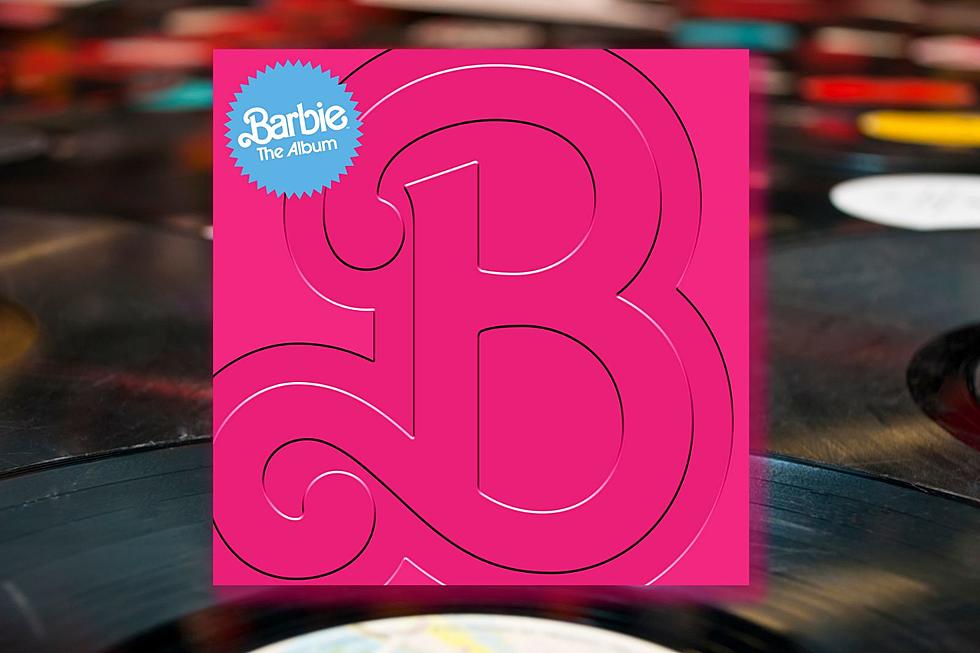
5 Things You Should and Shouldn’t Say in a Job Interview
If you’re great at networking, filling out online applications and following up, chances are, you’ve landed an interview or two. Good work. That’s not so easy these days. But your work isn’t over.
In fact, your work is just beginning. The interview is where your true job-getting skills will have to come out. In fact, compared to everything you did to get it, the interview is like doing open-heart and brain surgery while also teaching a child how to tie his shoes. Not the easiest thing in the world.
But if you’re prepared, an interview is a piece of cake. Confidence is one of the most important parts, and that’s something you can give yourself. Beyond that, though, you need to be ready for the questions. You should go to your interview knowing how you’ll answer—or not answer—the different types of questions that will be thrown at you. You have to know what you should and should definitely not say during an interview. Here are some important things to ditch and do in your next interview:
Ditch the Negativity; Do Use a Positive Spin
No employer wants to add a negative person to their team. It does you no good to go to an interview and badmouth your former boss or co-workers. Even if their issues and ways of working caused you to leave the job, you need to put a positive spin on it when asked why you left. If you were fired, don’t focus on the negativity. Even saying the word "fired" can turn an interview in a bad direction. You can say that you and your former employer decided that it wasn’t a good fit. And be careful not to talk about your past work experience by discussing problems. Make sure you keep the focus on solutions and how you handled the situation.
Ditch the Rambling; Do Focus on Your Skills
You don’t have a lot of time in an interview to showcase all the skills you bring to the table, so rambling with "umms" and "uhhhhs" won't help you at all. An interviewer also wants to see how you think on your feet and if you’re someone who could handle yourself around clients or executives. You aren’t just being evaluated on your skills, but knowing your skills will keep you from rambling.
You’ve seen the job description, so you know the key responsibilities of the position and buzzwords used on the listing. Come to the interview having already prepared to provide examples of your work and skills to answer each of the responsibilities listed in the description. Thinking through your past experience and skill set and how it applies to the job is the kind of preparation that will prevent rambling in an interview while you try to remember what you did at that internship you had in college.
Ditch Talking About Your Weaknesses; Do Describe How You Rise to a Challenge
Often an employer will ask you describe one of your weaknesses on the job. Your instinct will be to come up with something that actually makes you sound really good like, “I like to work weekends too much” or “I’m too dedicated to my job.” Interviewers have heard this before and see it coming a mile away.
What they really want to hear is how you deal with adversity and overcome obstacles, as well as how self-perceptive and mature you are. Be honest about something you’ve had to work on in your career, and then focus on how you met that challenge and others like it. Direct your answer away from a weakness and toward how you use resources to overcome challenges and how you learn from mistakes. Be specific and stay positive.
Ditch the Small Talk; Do Keep It Professional
You may want to break the ice or make a good impression by complimenting your interviewer. Your instinct is correct, but you need to keep the compliment professional. You don’t want to risk awkwardness by being too personal. Do your homework about the company and whom you’ll be speaking with, and have a professional compliment ready.
Find something about the company’s work or a recent recognition the interviewer has earned and use that if you wish to compliment. Then, keep the rest of the interview professional. Don’t tell personal stories as answers to questions. Keep your responses focused on work. Don’t discuss illnesses and other personal-health issues unless the job specifically requires physical activity you aren’t capable of doing for medical reasons. If you feel a question is too personal, do your best to redirect your answer to your work and skills.
Ditch the Embellishments; Do Stick to the Truth
Your skills will speak for themselves. Your experience is your experience. Even if you say you can do or have achieved certain things in the interview, you aren’t going to have any more knowledge and experience than you already have when you start the job. Be honest in your answers while keeping your responses positive. Again, your preparation will serve you here. If there is a job responsibility you haven’t had, relate experience you do have to that specific skill and how what you have done makes you a good fit.
Specific experience isn’t the only thing employers are looking for. They also want to make sure they find good workers and people who will fit in the company and on the team. Making up fake skills and experiences won’t help you as much as providing specific examples of how you are a team player, that you’re interested in the company and a future there, or that you are flexible in your work style and like new challenges.
More From Q92








